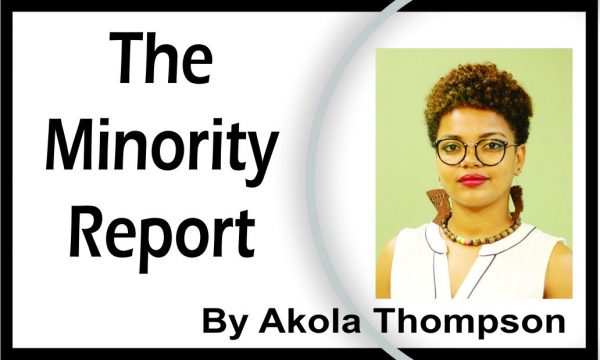 African descendants in Guyana recently celebrated another year of emancipation from the heinous system of enslavement our ancestors were trapped under. This annual celebration is a reminder of not only how far we have come as a people brought to these shores in chains, but also an indicator of the past and present belief systems that contributed towards it in the first place.
African descendants in Guyana recently celebrated another year of emancipation from the heinous system of enslavement our ancestors were trapped under. This annual celebration is a reminder of not only how far we have come as a people brought to these shores in chains, but also an indicator of the past and present belief systems that contributed towards it in the first place.
Today, we are said to live in a post-colonial society, one in which we are way past the excesses of colonialism, and are now existing in a space where everyone is afforded the same opportunities regardless of their race. It is a disingenuous position to take, one that is also very dangerous as it allows those with privilege and power to ignore the vast inequalities that exist, and frame these inequalities as being an individual or collective ethnic problem. This is a position that is particularly taken, and solidified in countries such as Guyana where we do not have a strict Black-White dynamic.
Given that we are a country primarily made up of what is globally considered to be minoritized populations, our systems of power and subordination look a bit different, but it does not mean it does not exist, and it does not mean that we are immune to anti-Blackness. White supremacy we must understand, does not just exist in one particular continent, context or look one way, it transcends borders and once internalized, cements itself amongst minoritized groups who ensure its maintenance. As Caribbean historian Elsa Goveia said, the one thing that unifies our society and culture is the subordination of Blacks (1970).
Having a nuanced perspective on race in Guyana and the Caribbean will cause us to recognize that we live in a world of stratifications and those stratifications are founded on anti-Blackness. While all ethnic minorities experience discrimination and face barriers to existence due to white supremacy, these experiences are not monolithic. There are false academics and John Does who abound and push the idea that to speak about the racism experienced by Black persons in Guyana is somehow a false narrative, just because it is not their experience. Their privilege blinds them to the reality of the global scale of anti-Blackness and how our racial hierarchy is set with white people at the top, Black people at the bottom and other non-Black ethnic minorities lodged somewhere in between. Unsurprisingly, our life experiences and opportunities very often depend on where we fall along this scale.
Many of us, including those of us who are afro-descendants, are taught from a young age to be anti-Black. Anti-Blackness impacts all ethnicities as persons with lighter skin tones are seen as more desirable than those of a darker hue, but this especially impacts those who are unambiguously Black. These lessons are taught to us in our homes, communities, social spaces and the media at large, so it is not surprising that many persons remain anti-Black without even realizing it or questioning why they view certain sections of the population more negatively than they do others. The reality is that we have a very long way to go to address the anti-Blackness that has permeated and made a home amongst us. The first step is acknowledgement of its continued existence and the impacts it continues to have on Black persons. This means decentring yourself from the conversation about what Black people can or cannot do, and taking a step back from obsessively criticizing Black people.
Addressing anti-Blackness means first addressing it within yourself, but this does not mean that anti-Blackness as a system can be remedied by individual actions as it is centred in our collective thoughts, words, beliefs and socio-economic systems of existence. What it will require is efforts both from those in positions of power and those at the local level, but if history has taught us anything, is that people are comfortable with hate as long as it isn’t them and their peers that are being targeted.









